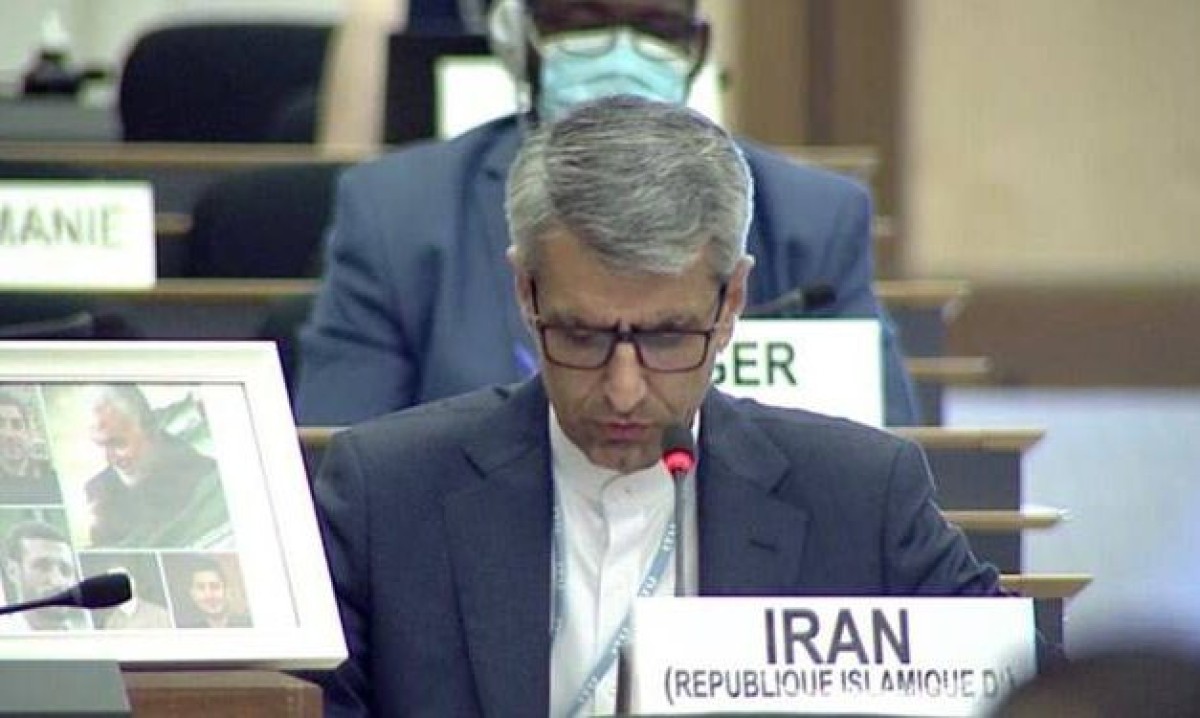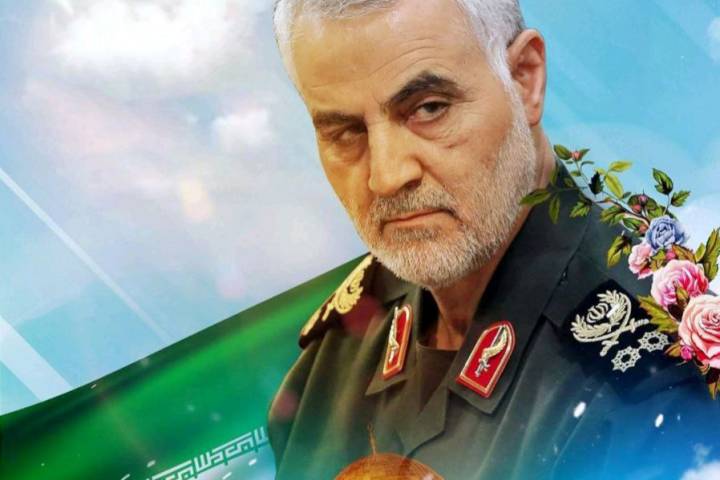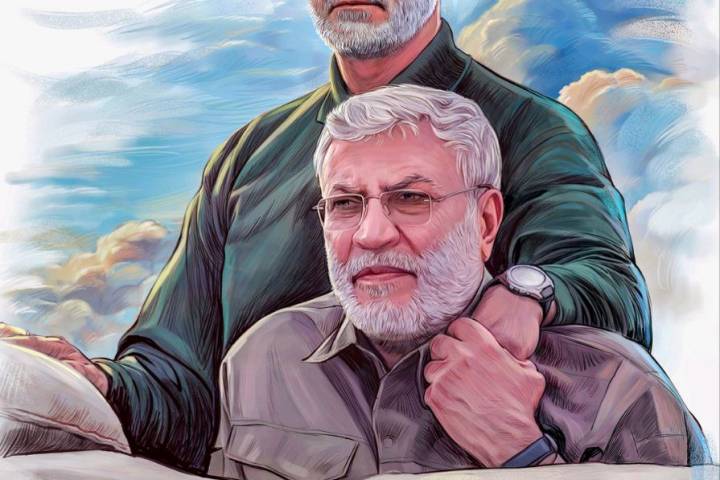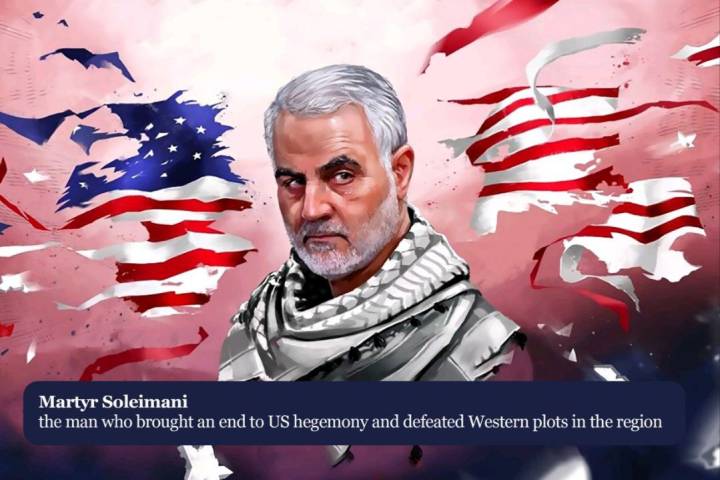PART 1
During a terrorist operation on Friday, January 3, 2020, the US government assassinated General Qassem Soleimani at Baghdad International Airport. According to the US State Department, the directive was issued at the explicit order of former US President Donald Trump.
The assassination of Martyr Soleimani and his comrades, notably Abu Mahdi al-Muhandis, the leader of Hashd al-Shaabi (Popular Mobilization Forces), has a wide range of domestic and international legal ramifications.
The move was met with overwhelming condemnation across the globe. In a letter to the UN Security Council, the Iraqi government expressed its outrage and opposition to US terrorist actions in Iraq. The majority of legal experts view the US government’s assassination of General Soleimani to be a flagrant violation of international law. That crime was a blatant homicide, according to the International Criminal Court’s (ICC) law, and the culprits must face the ICC.
Furthermore, the act committed by the United States against Martyr Soleimani was in breach of the 1973 Convention on the Prevention and Punishment of Crimes against Internationally Protected Persons, which may be brought before the International Court of Justice (ICJ).
By martyring Gen. Soleimani, the Trump administration has violated several of the pledges made under the 2008 agreement between the Iraqi government and the US government on the status of US personnel in Iraq.
In addition, the US has violated a 1970 resolution that defined what constitutes a violation of an independent nation’s sovereignty. The Iraqi government has the responsibility to bring this matter to the International Criminal Court (ICC).
The US terrorist action showed the unlawful use of force against Soleimani’s convoy by failing to provide adequate evidence of Martyr Soleimani’s presence in Iraq for potential attacks on US facilities and nationals. Martyr Soleimani and the forces under his command, according to observers, were responsible for the destruction of ISIS terrorists in Iraq and Syria.
According to former Iraqi Prime Minister Martyr Soleimani, he conveyed a special message from Tehran in response to a Saudi proposition in which Iraq served as a mediator between Iran and Saudi Arabia. If this claim is accurate, then the use of force against a military officer of a country who is both a government official and a special peace envoy makes it the Iraqi government’s responsibility to prosecute and deport US officials involved in that heinous crime.
Furthermore, according to Articles 4 and 6 of the Universal Declaration of Human Rights, every human being has an inherent right to life that cannot be taken away arbitrarily. Furthermore, since Gen. Soleimani’s assassination was premeditated and targeted, it qualifies as a crime against humanity under paragraph 1 of Article 7 of the International Criminal Court (ICC) Statute, which is one of eleven instances.
1
During a terrorist operation on Friday, January 3, 2020, the US government assassinated General Qassem Soleimani at Baghdad International Airport. According to the US State Department, the directive was issued at the explicit order of former US President Donald Trump.
The assassination of Martyr Soleimani and his comrades, notably Abu Mahdi al-Muhandis, the leader of Hashd al-Shaabi (Popular Mobilization Forces), has a wide range of domestic and international legal ramifications.
The move was met with overwhelming condemnation across the globe. In a letter to the UN Security Council, the Iraqi government expressed its outrage and opposition to US terrorist actions in Iraq. The majority of legal experts view the US government’s assassination of General Soleimani to be a flagrant violation of international law. That crime was a blatant homicide, according to the International Criminal Court’s (ICC) law, and the culprits must face the ICC.
Furthermore, the act committed by the United States against Martyr Soleimani was in breach of the 1973 Convention on the Prevention and Punishment of Crimes against Internationally Protected Persons, which may be brought before the International Court of Justice (ICJ).
By martyring Gen. Soleimani, the Trump administration has violated several of the pledges made under the 2008 agreement between the Iraqi government and the US government on the status of US personnel in Iraq.
In addition, the US has violated a 1970 resolution that defined what constitutes a violation of an independent nation’s sovereignty. The Iraqi government has the responsibility to bring this matter to the International Criminal Court (ICC).
The US terrorist action showed the unlawful use of force against Soleimani’s convoy by failing to provide adequate evidence of Martyr Soleimani’s presence in Iraq for potential attacks on US facilities and nationals. Martyr Soleimani and the forces under his command, according to observers, were responsible for the destruction of ISIS terrorists in Iraq and Syria.
According to former Iraqi Prime Minister Martyr Soleimani, he conveyed a special message from Tehran in response to a Saudi proposition in which Iraq served as a mediator between Iran and Saudi Arabia. If this claim is accurate, then the use of force against a military officer of a country who is both a government official and a special peace envoy makes it the Iraqi government’s responsibility to prosecute and deport US officials involved in that heinous crime.
Furthermore, according to Articles 4 and 6 of the Universal Declaration of Human Rights, every human being has an inherent right to life that cannot be taken away arbitrarily. Furthermore, since Gen. Soleimani’s assassination was premeditated and targeted, it qualifies as a crime against humanity under paragraph 1 of Article 7 of the International Criminal Court (ICC) Statute, which is one of eleven instances.
1






Comment
Post a comment for this article